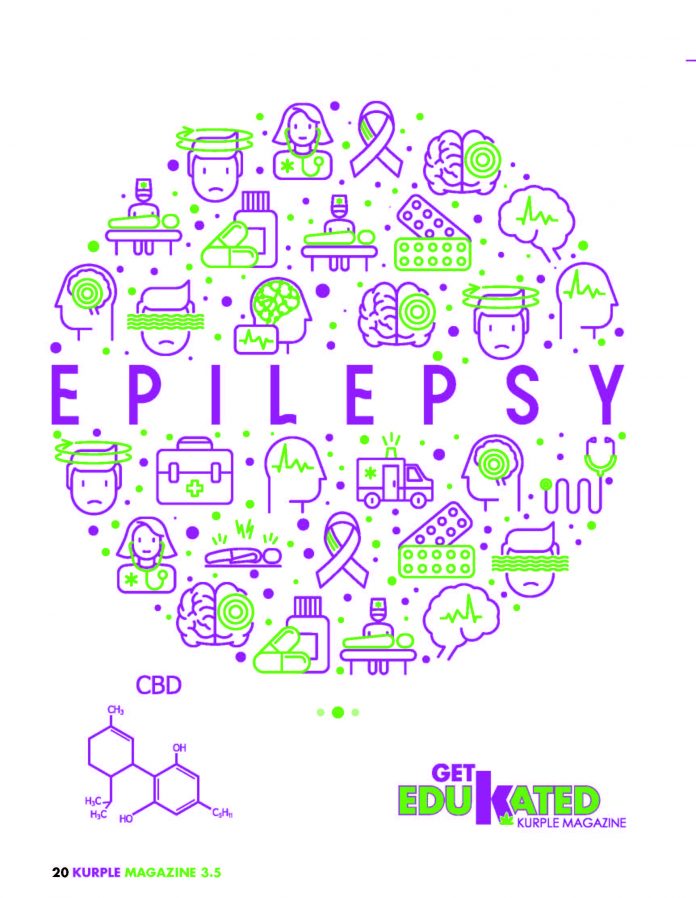By L. Corrales & M. Gonzalez
As the prices of wholesale top-shelf cannabis drop, the trendsetters in the industry have already moved on to a far more lucrative market: Cannabidiol, or CBD. Derived from the hemp plant, CBD has rocketed to fame as clinical trials affirming its’ effectiveness in controlling severe epilepsy have garnered the attention of the public and the medical community alike.
The focus has been on the effects of CBD on severe, early-onset seizure disorders. Particularly the types of epilepsy that do not respond to conventional treatment. In a recent clinical trial published in the New England Journal of Medicine, Hemp Extracted CBD was used to treat Lennox-Gastaut syndrome – a severe developmental epileptic encephalopathy.
Lennox-Gastaut syndrome is a debilitating condition and can leave patients unable to care for themselves as most experience multiple seizures in a short span of time. These seizures are typically resistant to cocktails or potent anti-epileptics medications that have serious long-term side effects. Lacking any mind-altering effects, CBD is chemically related to the compound that produces the “high” effect in marijuana, or THC. This effect combined with CBD’s low toxicity and ease of administration (oils, tinctures, capsules) makes it a good candidate to manage epilepsy in very young or elderly patients.
A total of 225 Lennox-Gastaut syndrome patients, ages ranging from 2-55, enrolled in the double-blind placebo-controlled trial. Two types of oral CBD preparations were administered. One group received a 10 milligram CBD oral solution and the other group received 20 mg CBD oral solution.
All of the patients reported a drop of two or more seizures per week.
The trial, lasting 14 weeks, found a 41.9 % reduction in seizures for patients taking 20mg oral CBD dose. The patients taking the lower, 10 mg dose of CBD experienced a 37.2 % reduction in the median number of drop-seizures. This is a significant amount compared to the placebo, and the published conclusion has found that CBD can indeed be effective for managing Lennox-Gastaut. While CBD can have fewer serious side effects compared to many antiepileptic drugs, patients in the cannabidiol groups complained of somnolence, decreased appetite, and diarrhea; these events occurred more frequently in the higher-dose group. It is important to note that the patients in the CBD group continued their regular medications during the course of the trial. Therefore, it is difficult to discern if the side effects were caused by their usual medications, or a drug interaction involving CBD. As the prices of wholesale top-shelf cannabis drop, the trendsetters in the industry have already moved on to a far more lucrative market: Cannabidiol, or CBD. Derived from the hemp plant, CBD has rocketed to fame as clinical trials affirming its’ effectiveness in controlling severe epilepsy have garnered the attention of the public and the medical community alike.
The Food and Drug Administration (FDA) is set to hear recommendations on approving CBD for use in special cases of epilepsy soon. GW Pharmaceuticals, the company that produced the CBD containing compound used in this trial, is anxiously awaiting FDA’s decision. While the results of this trial are quite extraordinary, the FDA still classifies marijuana as a Schedule 1 drug. That is, “drugs without medical value, that can potentially lead to severe psychological or physical dependence.”















